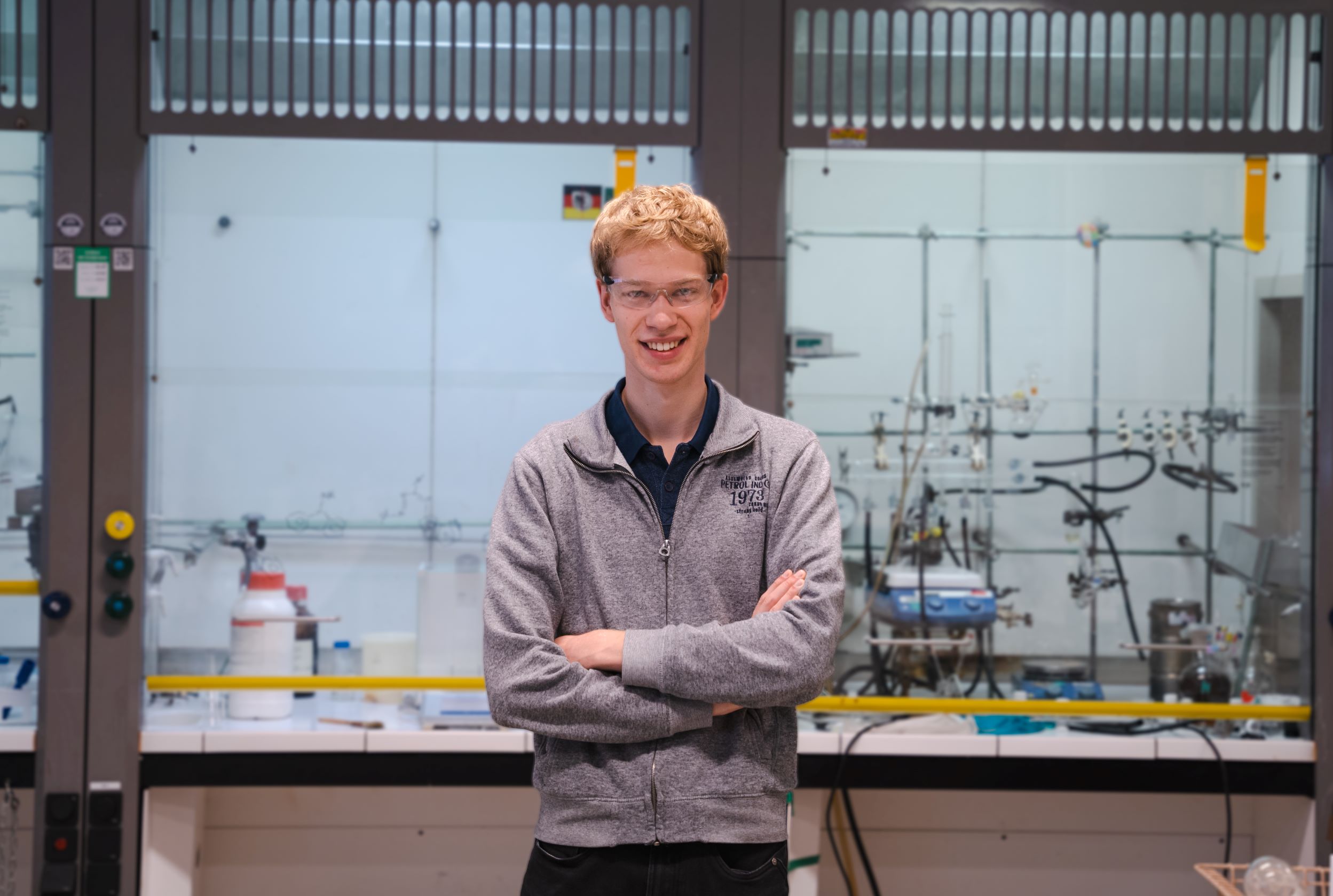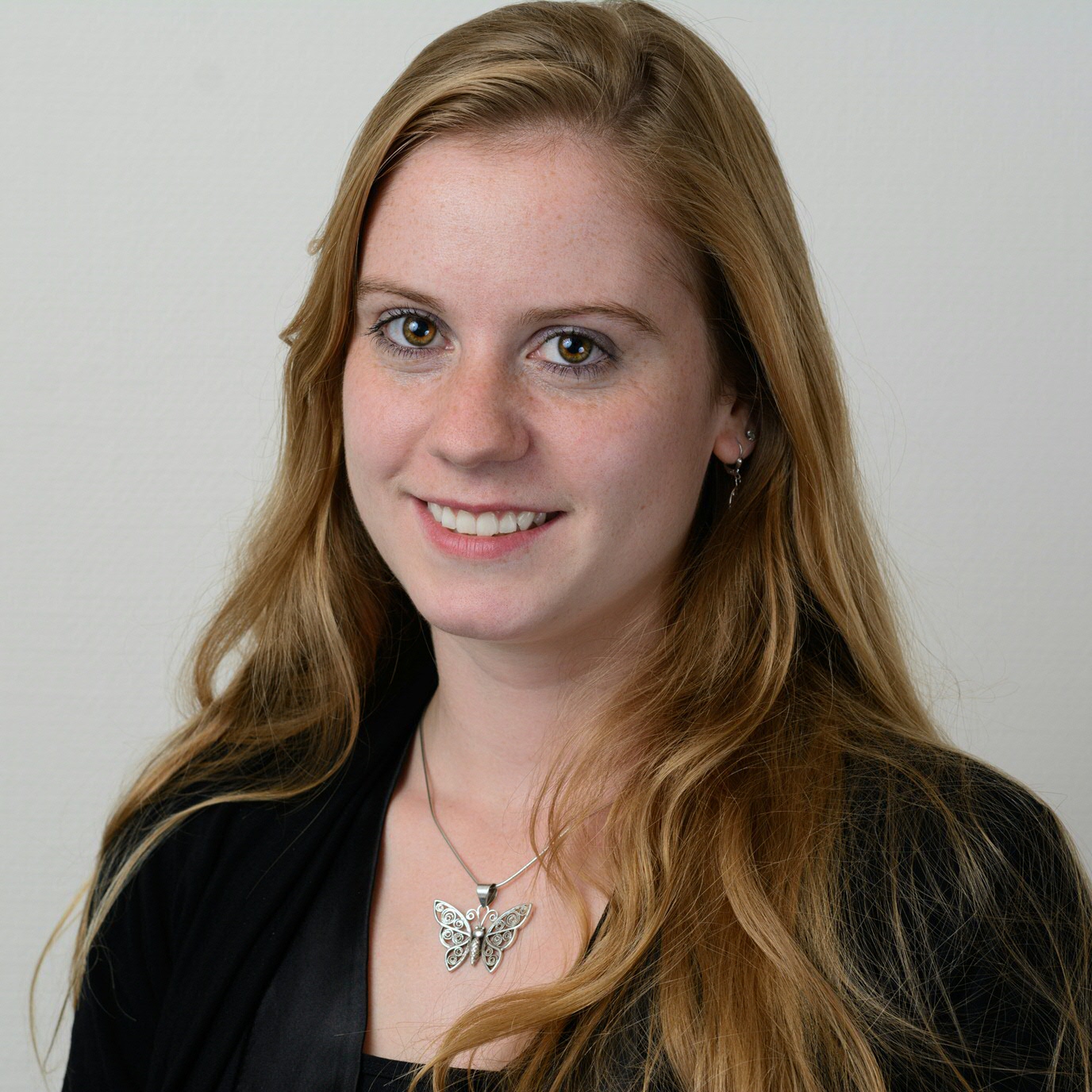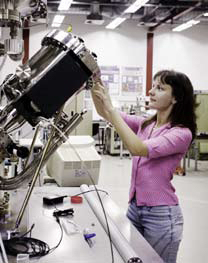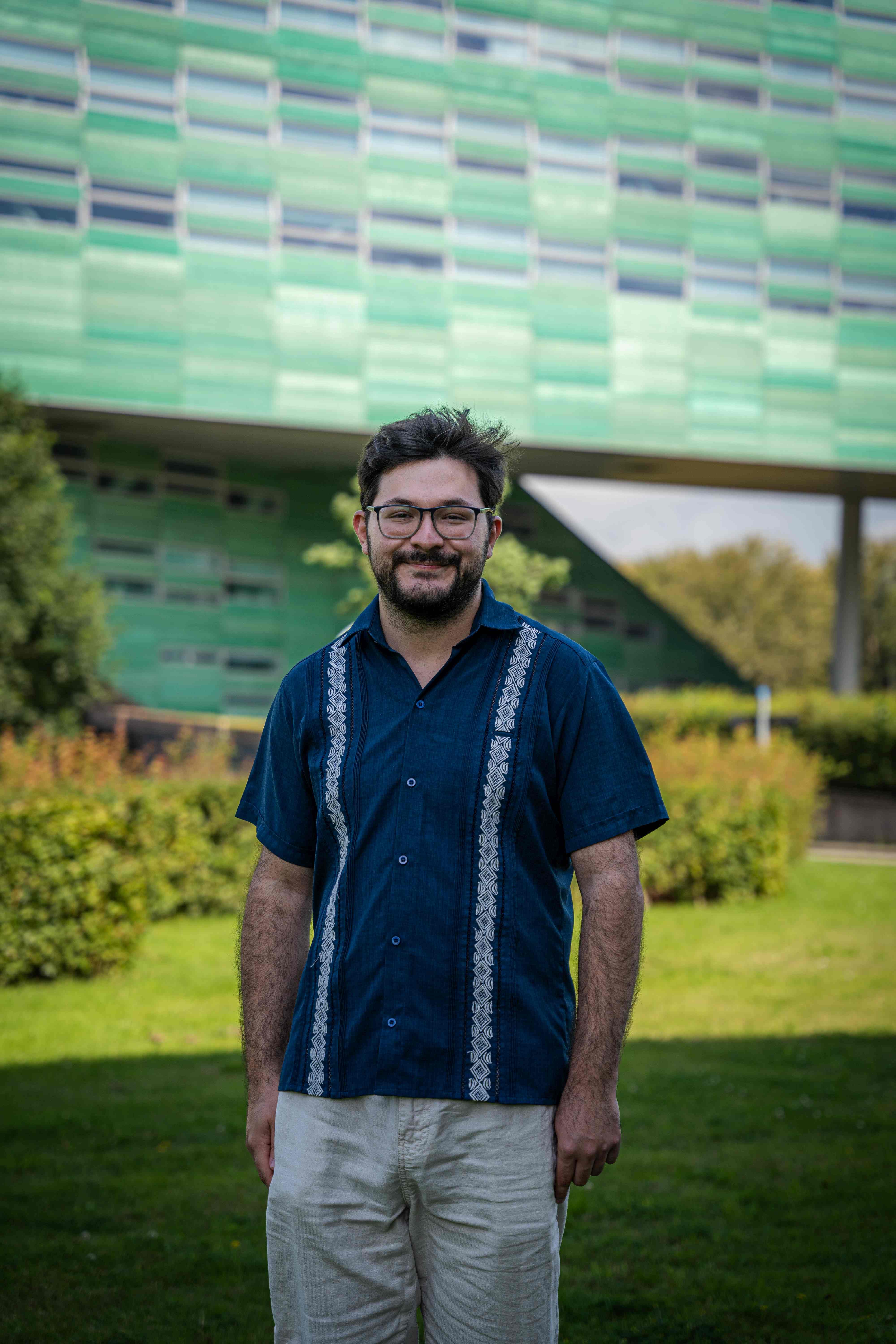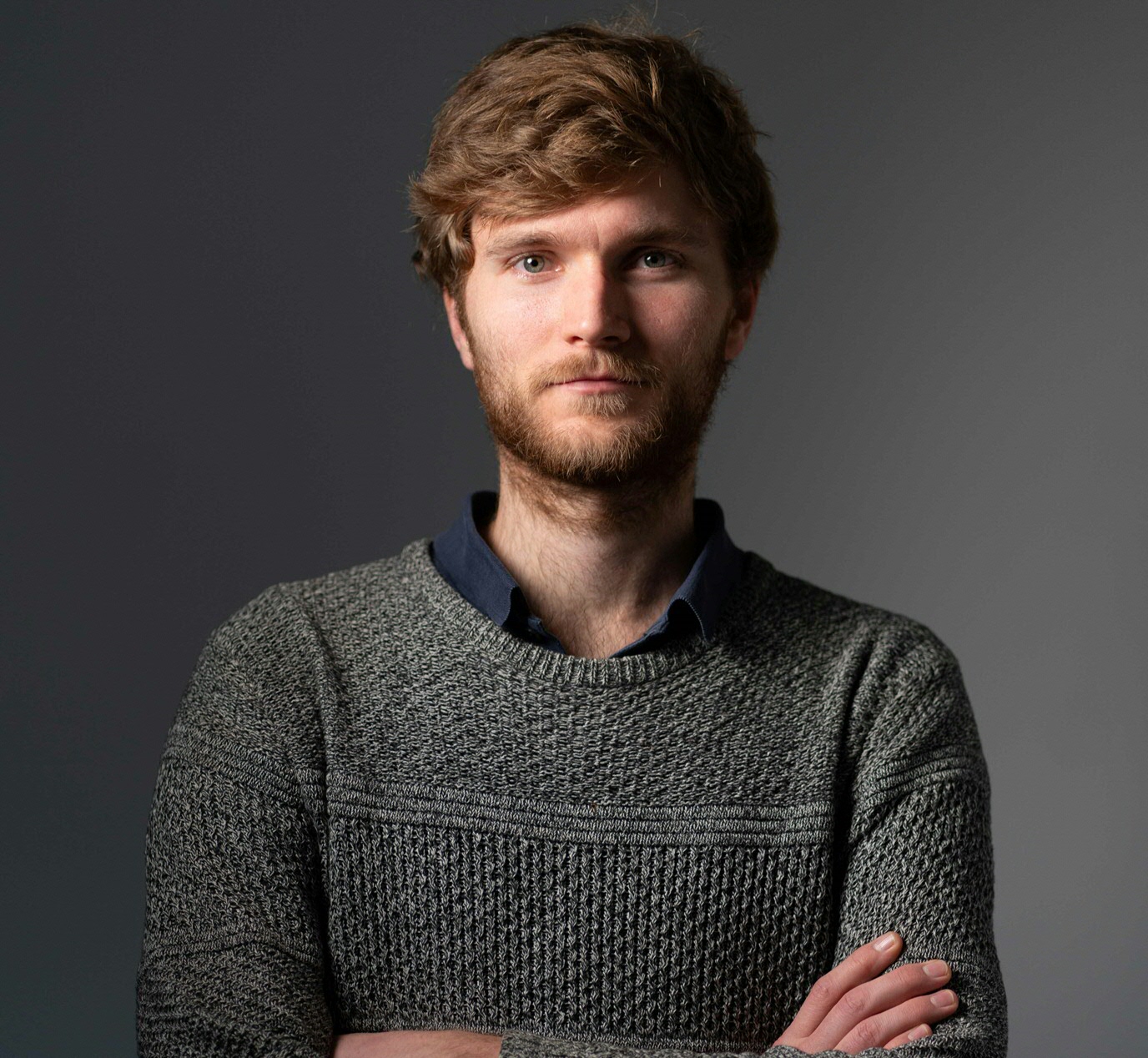Nanoscience is an interdisciplinary field at the border between physics, chemistry, materials science and biochemistry, which allows answering these questions. The manipulation of matter on the nanoscale offers new opportunities to solve scientific challenges in the modern world.
The Top Master Programme in Nanoscience has been reviewed as excellent three times in a row (Dutch Ministry of Education) and is embedded in a top research institute. The mission of the programme in Nanoscience is to educate and train future PhD-students who have the drive to perform cutting edge research in this highly interdisciplinary field, excel in critical thinking and collaborate with their peers to reach out for a larger goal. This is achieved using the advantages of a small, selective programme with students, teachers, and research groups in close contact. This allows for intensive and efficient interaction, with plenty of hands-on experiments in the lab and participation in high-level scientific research projects. Teachers and supervisors represent the excellent research groups of the Zernike Institute for Advanced Materials National Research Centre. Students follow a challenging and highly demanding curriculum, combining both the broadness and depth necessary for a successful research career. On average, 95% of the students graduating continue their PhD either in Groningen or abroad.
Selective Master's degree programme
This is a selective Master's programme, welcoming a diverse collection of students from all over the world. An interview is part of the selection procedure, where emphasis is put on talent and motivation. The selected students form a small and tightly bound cohort (about 15 students) and receive ample attention from and interaction with our professors. For more information about the selection procedure, please visit this page.
Scholarships available for all students
Admitted students are awarded scholarships tailored to their specific and individual situation. The aim of the scholarship is that no admitted student will need to obtain a part-time job and can fully concentrate on their studies. Typically, at a minimum level, the entire tuition fee is covered for international students. For more information on the admission procedure and scholarships, please visit this page.


